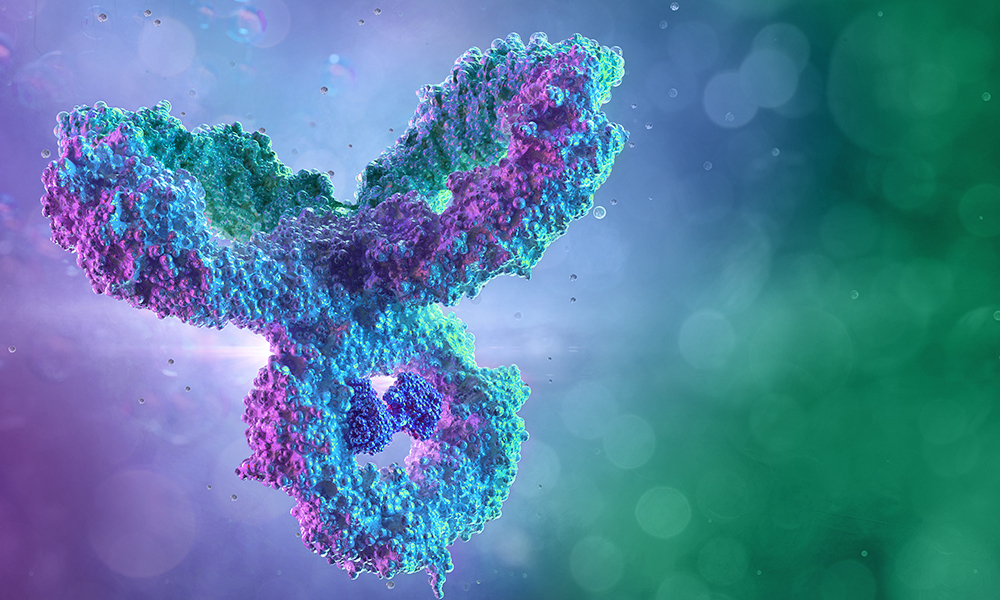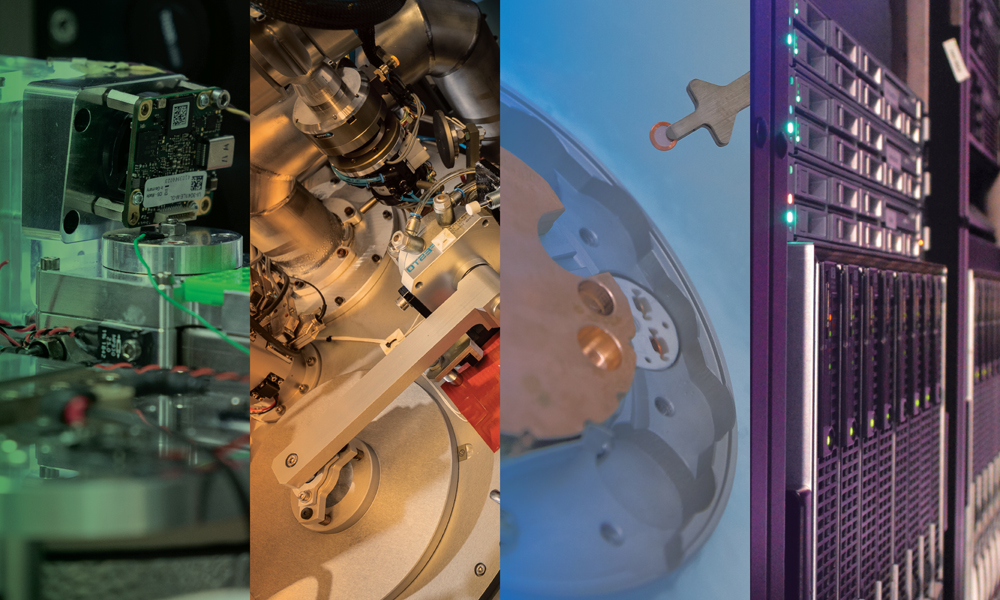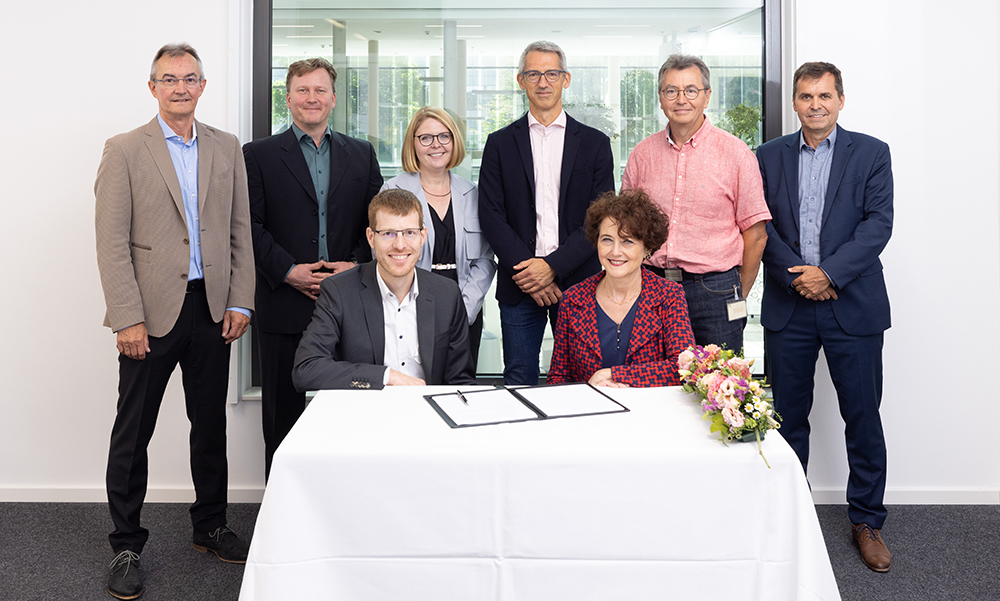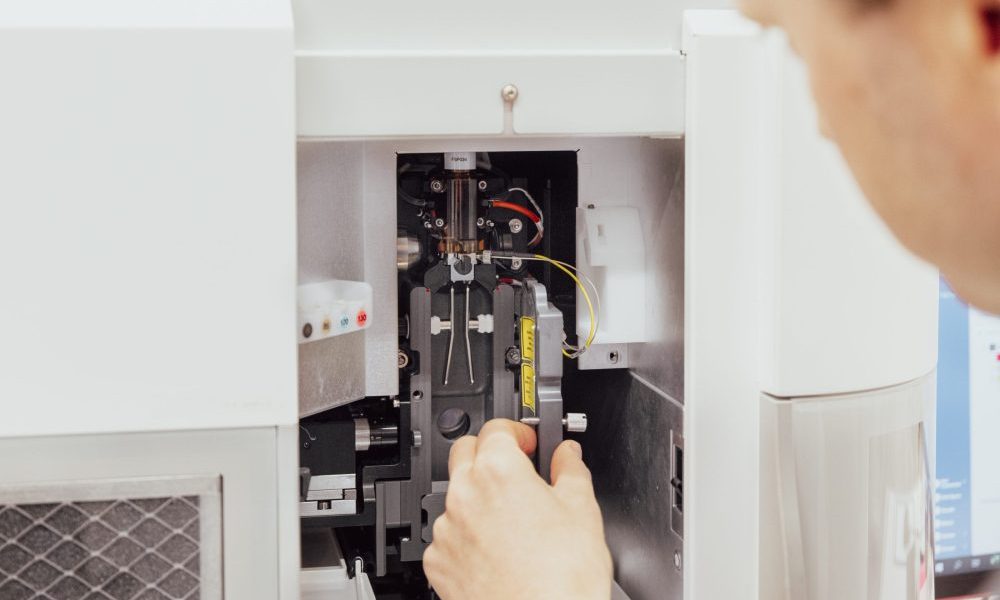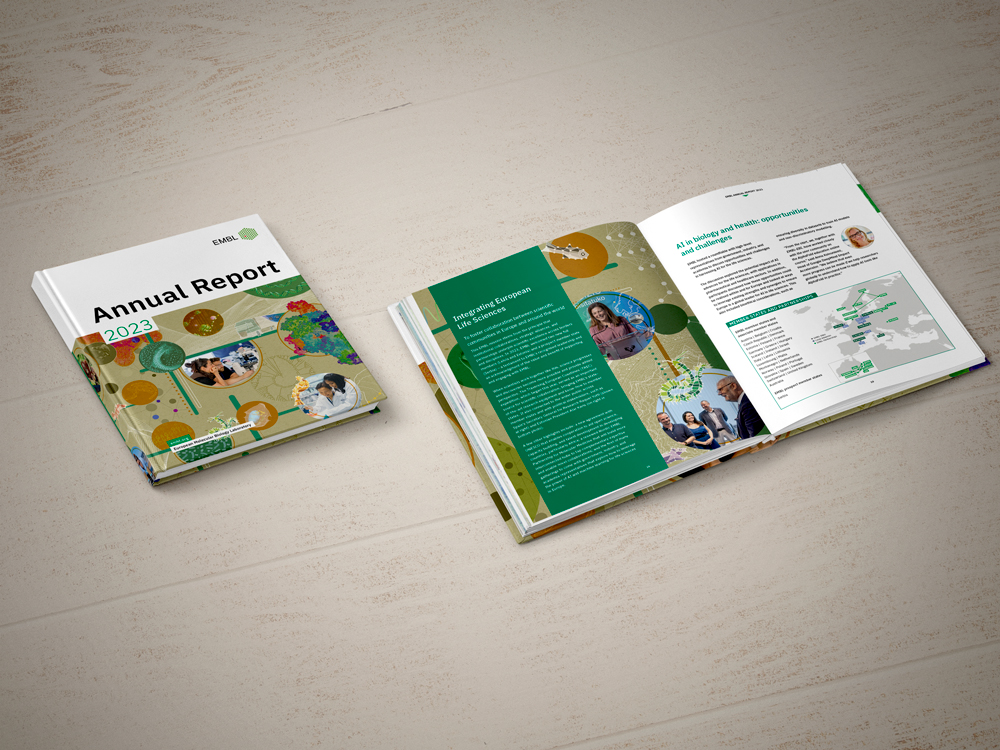
EMBL’s strengths in research, services, and training make it a perfect industry partner and a breeding ground for research that sows the seeds for technology transfer. EMBL’s tech transfer arm, EMBLEM, is pivotal to that success.
Novel training formats, among other new activities, help further develop an EMBL innovation culture, empower the next generation of EMBL fellows, and diversify current instruments for training and knowledge exchange between EMBL and industry partners.

